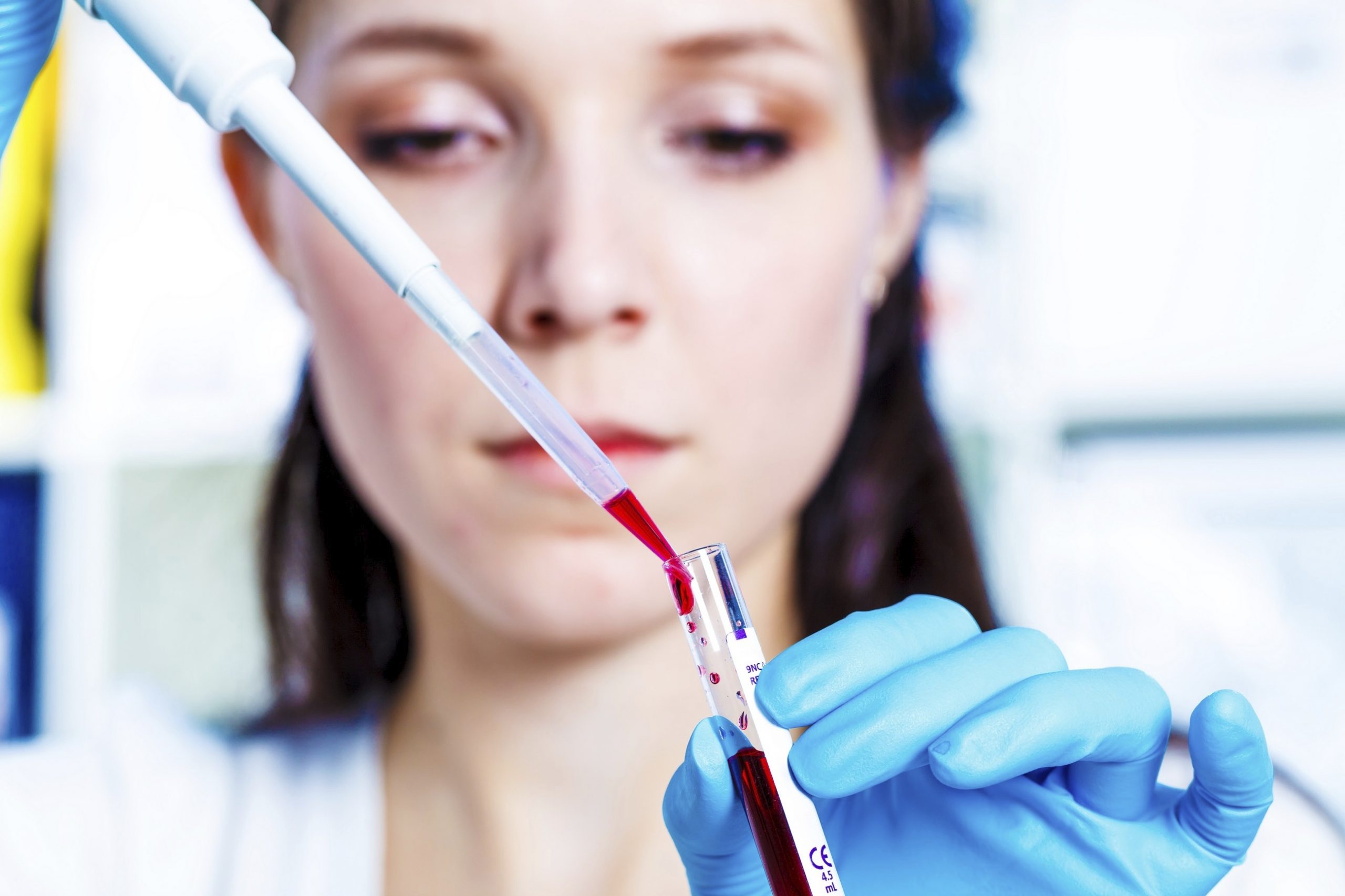On 20 August 2016, the American Health Institute (NIH) lifted the moratorium involving research into hybrid animal-human embryos. However, the use of Federal funds for this type of research was prohibited by the NIH in September 2015.
The NIH announcement appears to have been triggered by the research of American Professor George Church, geneticist and Engineer of Molecular Biology at Harvard, who is attempting to create human tissue in pigs to create organs that can be used for transplantation.
For his part, Insoo Hyun, bioethicist at the Case Western Reserve School of Medicine in Cleveland (Ohio), believes that we must address the shortage of human organs without delay. Animal-human chimera could offer an alternative to organ donation.
On the contrary, Drs. Silvia Camporesi and Giulia Cavaliere, organ donation specialists, believe that the urgency of the situation does not constitute a reason to accept just any scientific solution. To counter the shortage of human organs, they are looking for other, more ethical alternatives than animal-human chimera. They are advocating the introduction of legislation to facilitate human-human organ donation, as in Austria where, following a vote, organ donation soared to over 90%.
Insso Hyun deplores the lack of finance from the NIH given the potential advances that can be made with this type of research. As far as Drs. Silvia Camporesi and Giulia Cavaliere are concerned, such arguments based on benevolence are certainly current in so far as new and emerging technologies are concerned but they risk being accepted unreservedly based on scientific hypotheses. The urgency is therefore not to provide the necessary funding for this research by hook or by crook, but first and foremost to satisfy the relevant ethical requirements.
Bionews, Dr Silvia Camporesi et Giulia Cavaliere (12/09/2016)

